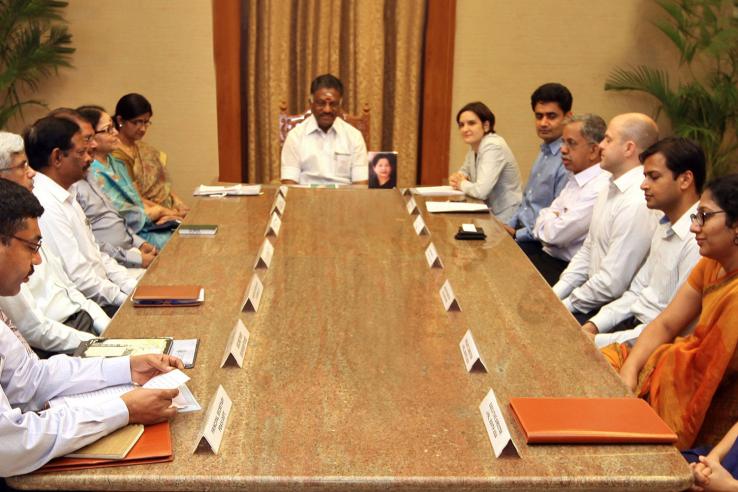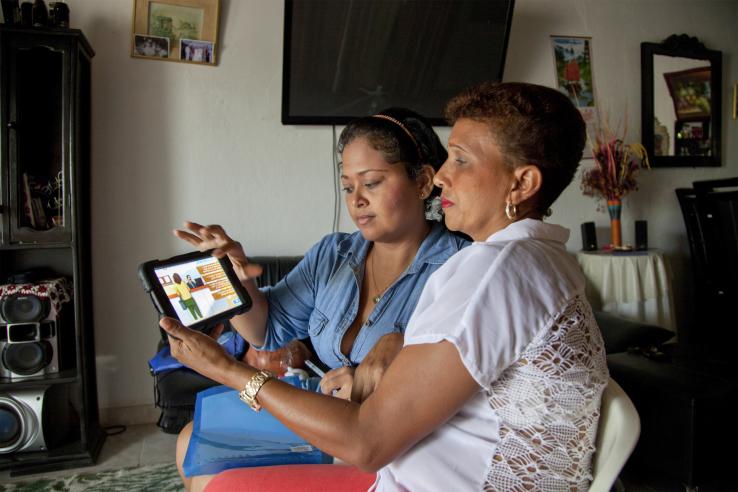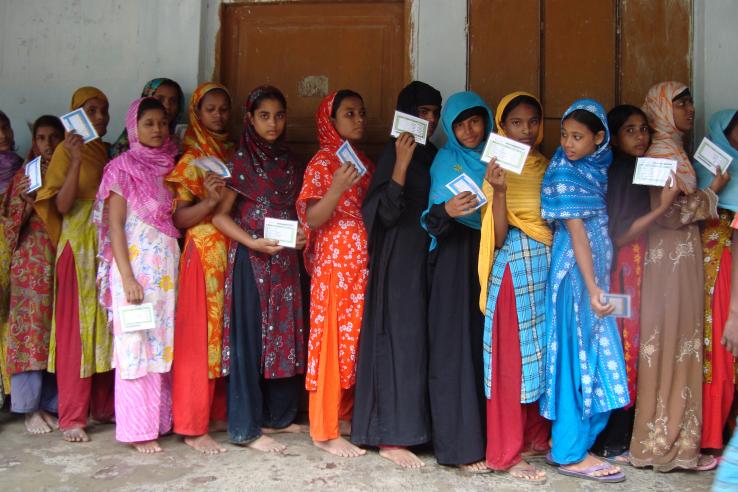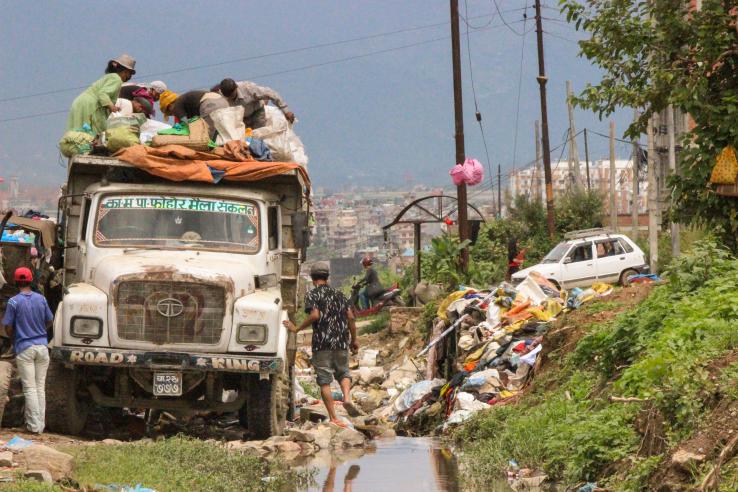Displaying 3556 - 3570 of 8335
Initiative
J-PAL’s Government Partnership Initiative (GPI) ran from 2015-2018 to build and strengthen partnerships between governments and J-PAL affiliates and J-PAL regional offices to increase the use of evidence in policymaking.
Initiative
J-PAL North America’s work combating homelessness seeks to expand the base of rigorous evidence on strategies to reduce and prevent homelessness and foster housing stability.
Initiative
J-PAL’s Innovation in Government Initiative (IGI) funds technical assistance to governments to adapt, pilot, and scale evidence-informed innovations with a strong potential to improve the lives of millions of people living in poverty.
Initiative
J-PAL’s Innovations in Data and Experiments for Action Initiative (IDEA) aims to increase the use of administrative data by governments, non-profits, and private firms for evidence-informed decision-making.
Initiative
The Skills for Youth Program (SYP) seeks to identify and rigorously evaluate innovative solutions to improve youth employment in Latin America. Specifically, one of it goals is to address the gap between youth skills and labor market demand.
Initiative
J-PAL North America's Social Policy Research Initiative (SPRI), formerly known as the General Research Initiative, supports randomized impact evaluations of innovative social programs and policies that can provide insights for learning which policies work best and why.
Initiative
J-PAL’s Post-Primary Education (PPE) Initiative funds randomized evaluations that develop and test innovative solutions for improving access, quality, equity, and relevance of post-primary education in low- and middle-income countries.
Initiative
J-PAL’s Urban Services Initiative (USI) seeks to identify and rigorously evaluate innovative methods designed to improve the welfare of the urban poor in Africa and Asia.
Initiative
J-PAL North America’s US Health Care Delivery Initiative (HCDI) supports randomized evaluations of strategies that aim to make health care delivery in the United States more efficient, effective, and equitable.
Initiative
J-PAL North America's Labor team aims to build an evidence-based playbook of strategies to increase opportunities for workers, reduce the economic barriers and social challenges in labor markets, and ensure that all workers share in the prosperity generated by technological change and economic...
Initiative
The J-PAL State and Local Innovation Initiative supports US state and local leaders in building a culture of evidence generation and use.
Person
Event
J-PAL South Asia’s next Covid Dialogue webinar will delve into how governments can effectively communicate Covid-19 prevention behaviors. Speakers will also share lessons to inform Covid-19 vaccine uptake in India, drawing on rigorous research and implementation experience in increasing routine...
Person
Ambika Sharma is a Research Associate at J-PAL where she works on a project that aims to understand the structure of social networks in rural settings.
Person
Edward Miguel is the Distinguished Professor of Economics, and the Oxfam Professor of Environmental and Resource Economics at the University of California at Berkeley. His work focuses on the provision and the impact of public goods on the poor in sub-Saharan Africa, notably in Kenya and Tanzania...











